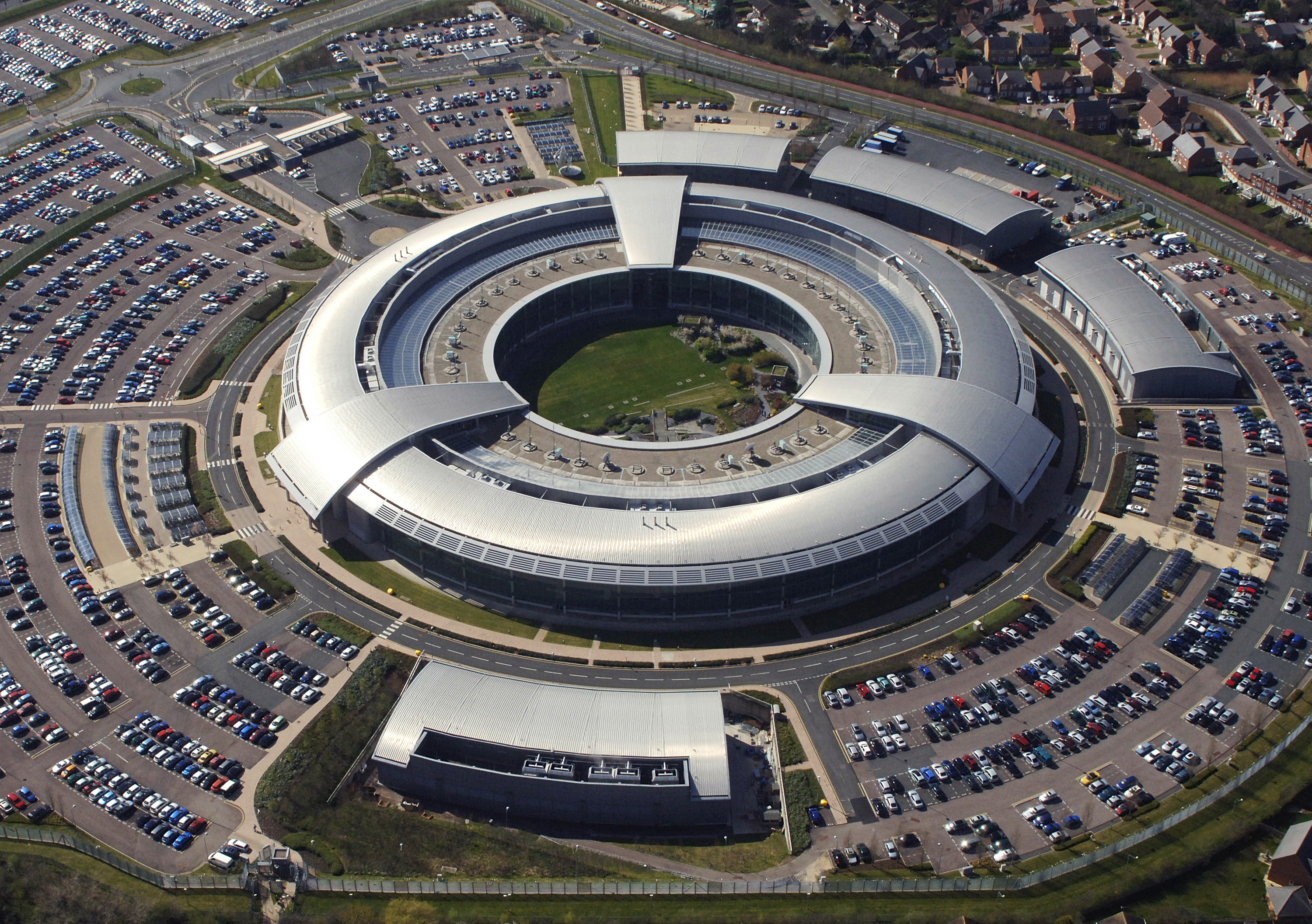
The Government Communications Headquarters (GCHQ) has allegedly been unlawfully collecting and storing data on civilians via information from social media sites.
It has been reported that there has been unauthorised mass surveillance by GCHQ, including collecting personal social media data of civilians. It’s been suggested that the information may have been collected over years, possibly stretching back over decades, sharing it with foreign intelligence and other law enforcement agencies.
The data has been categorised into biographical, financial, travel and other data. There is little information as to why the information is being collected, but the data was allegedly obtained through private companies databases.
GCHQ has been scrutinised as there has been possible violations of privacy laws, and there is a worry that they have even documented too much data, making it impossible to analyse it fully.
GCHQ is overseen by the Investigatory Powers Commissioner's Office (IPCO), however, they have reportedly been kept out of the loop in regards to this unlawful surveillance.
Mark James, ESET IT Security Specialist, looks into the kind of information we share on social media and how that data has been compromised.
“The power of social media is undoubtedly huge.
“The sheer amount of data we feel obliged to post on a daily basis beggar’s belief, and the stats from the major players show some amazing figures.
“A huge amount of that data is worthless; a like for this, a like for that, some photos and a funny meme usually flood our timelines every single day.
“Nevertheless, within those millions of uploads there is information that shows our movements along with upcoming and previous locations, moods, acquaintances, and often far too much of our personal lives displayed for others to see.
“We often and sometimes foolishly think this data is only visible to the people we share it with, but honestly nothing posted to the internet is ever 100% private.
“This data could be used for profiling, or over time collated to show a very clear picture of what you do and when you do it.
“For the intelligence service it potentially yields a very good source of information that would otherwise be hard to get hold of.
“Let’s put aside the privacy side of things, we all want a safer world to live in, we need to know our children and loved ones are safe, but have very firm beliefs on what can and cannot be done to have that safety.
“Let’s also consider how that massive mountain of data is being secured. If you’re going to collect more data than you can actually analyse, where are you storing it and how is it protected?
“What happens if it does fall into the wrong hands, what happens if hackers get, or indeed already have, access to this data?
“I personally like the idea of being safe.
“I don’t want my family to worry every time I tell them I am heading into our capital for work purposes, but on the same note I don’t like the idea of people collecting so much data it becomes a target for others to plunder and use for their own malicious purpose.
“Hopefully good policies are in place to segregate and protect this data along with encryption and good password policies being used so the hacker’s job is not too easy!”
Are you guilty of oversharing on Social Media? Let us know on Twitter @ESETUK.
Join the ESET UK LinkedIn Group and stay up to date with the blog. If you are interested in seeing where ESET has been featured in the news then check out our ‘In the news’ section.